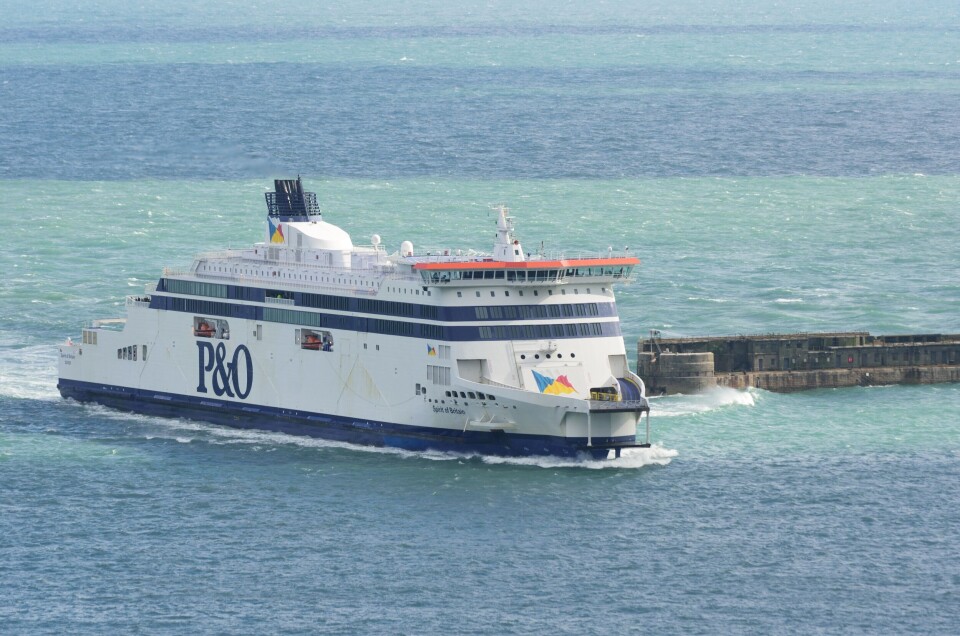-
Travellers risk extra costs under new Eurotunnel ticket rule
Some fare options are less flexible and less forgiving of lateness
-
May will be difficult month for train travel in France, warns minister
Two major train unions are threatening to strike and are ‘not willing to negotiate’, he says
-
New ski night train will link Paris to the French Alps
The Travelski Night Express will begin service this December and start selling tickets in May
Armed UK police expected to patrol British Dover to France ferries
No specific threat has been announced but ferries have been identified as being vulnerable to terrorism due to lack of passenger checks

Armed UK counter-terrorism police are expected to be put on British Dover-to-France ferries under a trial to boost security starting this July.
Officials say no specific threat to ferries has been identified.
The news was attributed to ‘senior counter-terrorism sources’ speaking to The Times and has been reported as definite in several UK media.
It is linked to the decommissioning of nuclear power stations, which means police from the Civil Nuclear Constabulary (CNC) have to be redeployed.
Read more: Practical information on UK - France travel
The UK and France signed a new Maritime Security Treaty last year, which is waiting for UK and French parliament ratification. The proposed armed patrols are only expected to come into force once the Treaty has been ratified by both countries.
P&O, the main UK firm running ferries from Dover, did not wish to comment on the subject.
Civil Nuclear Constabulary may be used for patrols
The CNC’s job is to secure power stations and nuclear fuel transports, but with several power stations closing, the government has been exploring how else it might be used.
This is said to have led to the idea of having CNC officers on ferries, which is now expected to be trialled from July.
The ships are viewed as vulnerable as passengers are not individually searched or given body scans when boarding, unlike on planes or Eurostar. Neither the Home Office, the CNC, nor the French Interior Ministry responded to requests for more information.
In answer to a question by shadow home office minister Holly Lynch about whether firearms officers from the CNC will be deployed on ferries, security minister Damien Hinds said in mid-February he could not “comment on specific operational deployments”.
He added: “A range of measures are currently being explored to further mitigate the risk of terrorism to UK citizens, which will include fully equipping law enforcement and other emergency responders to respond effectively to terrorist incidents, no matter where they occur”.
Treaty will help terrorism information sharing
The security treaty aims to coordinate action by UK and French forces in the event of an incident such as a terrorist attack on a ferry or other large Channel ship.
It would involve information-sharing on potential security threats, swifter initial responses, and more cooperation in the aftermath of an attack.
In France, time is running out for the existing parliament to sign the treaty off before April’s election. It would then depend on the new interior minister as to whether they are keen to push it through.
Related articles
Easyjet criticised for using incorrect bag sizers in French airports
Second-home owners in France to register travelling pets with I-CAD
























